We use cookies to help provide you with the best possible online experience.
By using this site, you agree that we may store and access cookies on your device. Cookie policy.
Cookie settings.
Functional Cookies
Functional Cookies are enabled by default at all times so that we can save your preferences for cookie settings and ensure site works and delivers best experience.
3rd Party Cookies
This website uses Google Analytics to collect anonymous information such as the number of visitors to the site, and the most popular pages.
Keeping this cookie enabled helps us to improve our website.
Practice News
All the latest news and information from the surgery and our patient community
 Boil Water Notice
What to do when a Boil Water Notice has been issued in your area. Learn more...
05/12/2025
Boil Water Notice
What to do when a Boil Water Notice has been issued in your area. Learn more...
05/12/2025
 Affected by the water supply issues?
Many parts of Tunbridge Wells are under a Boil Water Notice for at least the next 10 days. Learn more..
04/12/2025
Affected by the water supply issues?
Many parts of Tunbridge Wells are under a Boil Water Notice for at least the next 10 days. Learn more..
04/12/2025
 PPG Newsletter: September 2025
Read the latest updates from the practice.
09/10/2025
PPG Newsletter: September 2025
Read the latest updates from the practice.
09/10/2025
 Patient Need Groups
Everyone is different. Some people are very healthy, some have one or two health problems, and some have many health problems. Read more...
29/09/2025
Patient Need Groups
Everyone is different. Some people are very healthy, some have one or two health problems, and some have many health problems. Read more...
29/09/2025
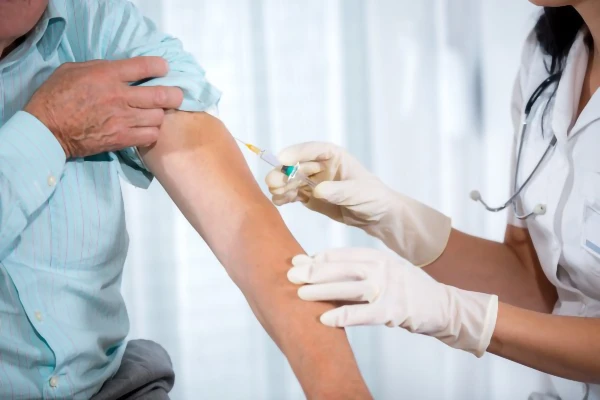 Flu Clinics
We are pleased to announce that Grosvenor and St James Medical Practice will be holding seasonal Flu vaccination clinics. Read more...
24/09/2025
Flu Clinics
We are pleased to announce that Grosvenor and St James Medical Practice will be holding seasonal Flu vaccination clinics. Read more...
24/09/2025
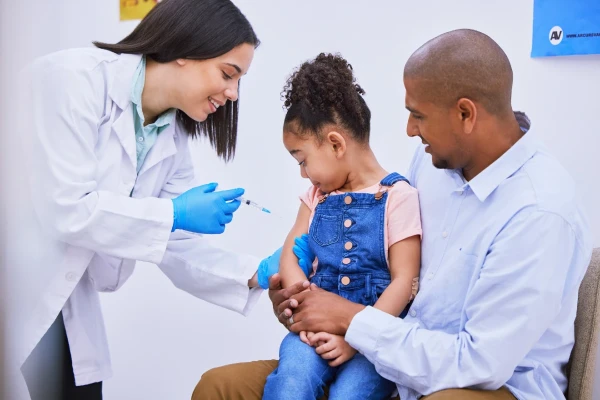 Childhood Immunisations - MythBusters
Read more...
22/09/2025
Childhood Immunisations - MythBusters
Read more...
22/09/2025
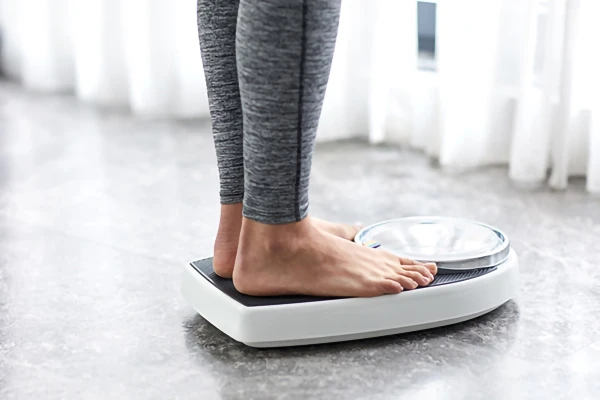 Updated weight loss medication advice
Access to tirzepatide (Mounjaro) through primary care. Read more...
24/06/2025
Updated weight loss medication advice
Access to tirzepatide (Mounjaro) through primary care. Read more...
24/06/2025
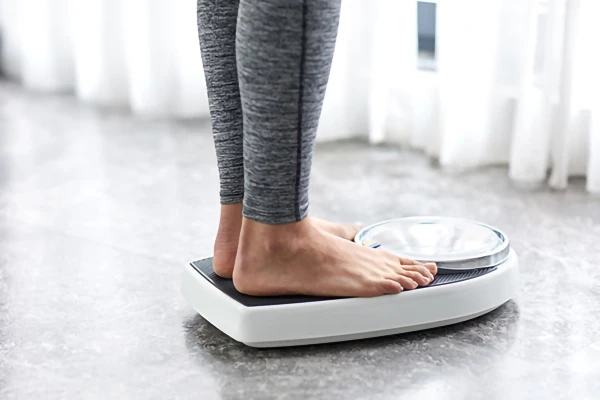 Weight Loss Medication Information
Update on availability of Wegovy (semaglutide) and Mounjaro (tirzepatide) to support weight loss. Read more...
02/06/2025
Weight Loss Medication Information
Update on availability of Wegovy (semaglutide) and Mounjaro (tirzepatide) to support weight loss. Read more...
02/06/2025
 The Call I Just Took
Receptionists are not ‘just admin’ — they are patient advocates, navigating complex systems to get people the care they need.
16/05/2025
The Call I Just Took
Receptionists are not ‘just admin’ — they are patient advocates, navigating complex systems to get people the care they need.
16/05/2025
 Dr Julian Barnaby
Dr Julian Barnaby is reducing his working days in preparation for his retirement from the Partnership. Read more...
05/09/2024
Dr Julian Barnaby
Dr Julian Barnaby is reducing his working days in preparation for his retirement from the Partnership. Read more...
05/09/2024
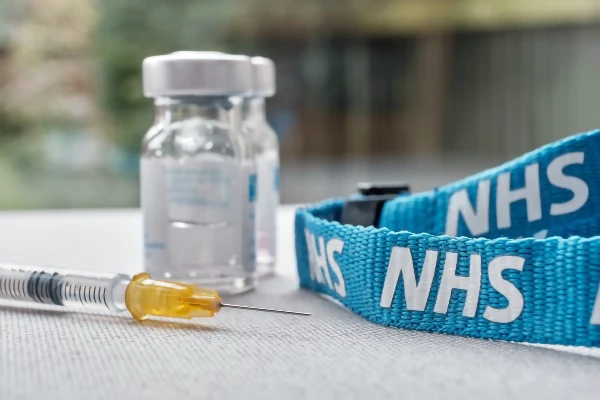 Respiratory Syncytial Virus (RSV)
Protects against Respiratory Syncytial Virus (RSV), a common cause of serious breathing issues. Read more...
19/08/2024
Respiratory Syncytial Virus (RSV)
Protects against Respiratory Syncytial Virus (RSV), a common cause of serious breathing issues. Read more...
19/08/2024
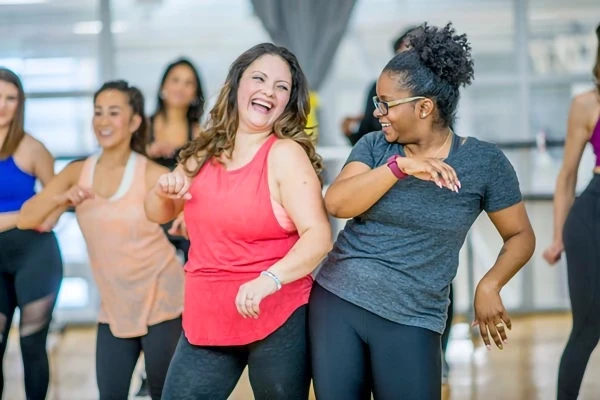 Tunbridge Wells Sports Centre Health & Wellness Referral Programme
Find out more here...
05/07/2024
Tunbridge Wells Sports Centre Health & Wellness Referral Programme
Find out more here...
05/07/2024
